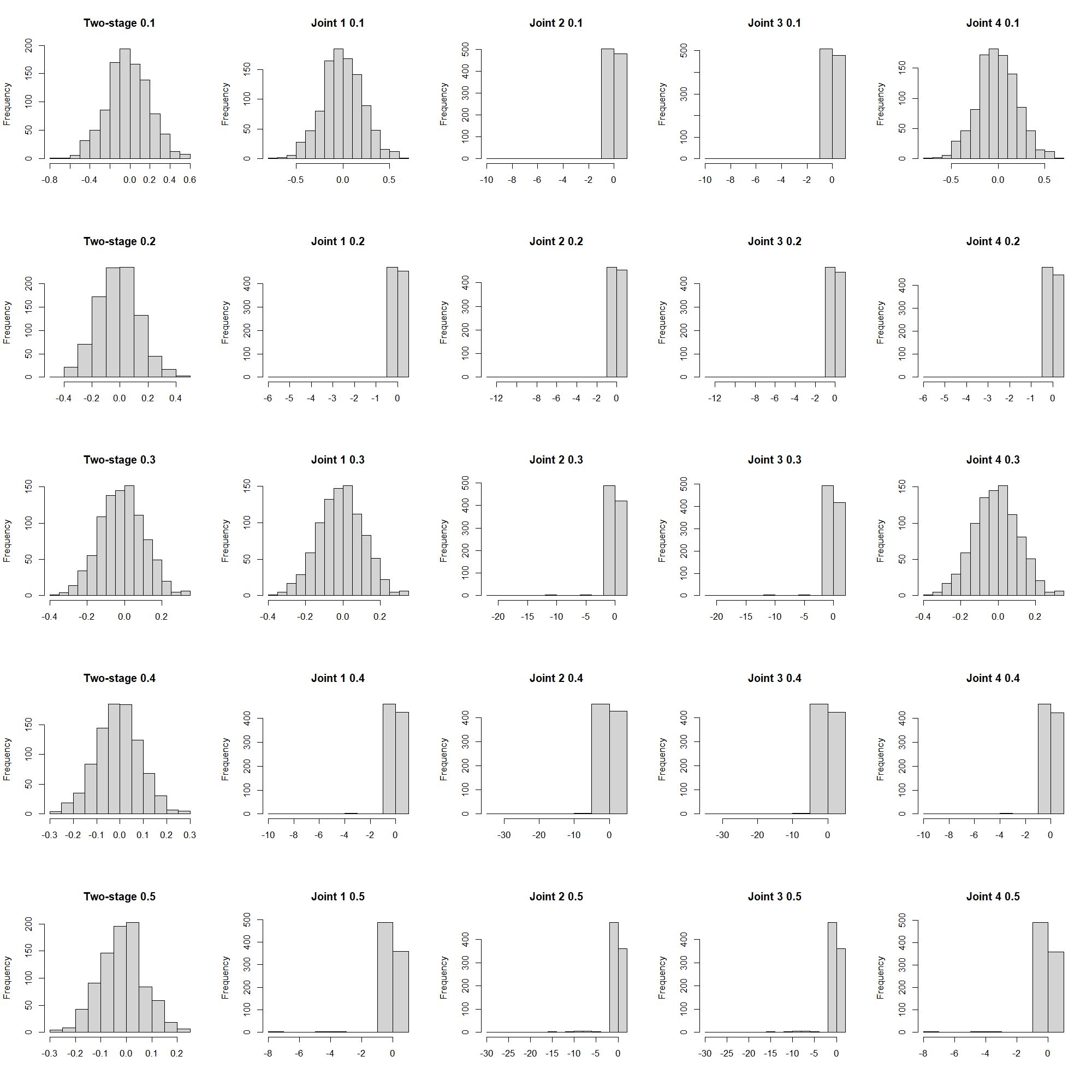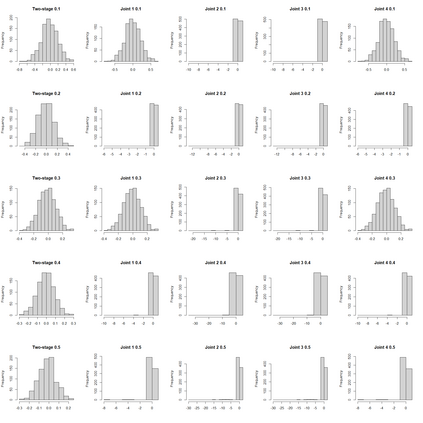Estimating the causal effect of a treatment or exposure for a subpopulation is of great interest in many biomedical and economical studies. Expected shortfall, also referred to as the super-quantile, is an attractive effect-size measure that can accommodate data heterogeneity and aggregate local information of effect over a certain region of interest of the outcome distribution. In this article, we propose the ComplieR Expected Shortfall Treatment Effect (CRESTE) model under an instrumental variable framework to quantity the CRESTE for a binary endogenous treatment variable. By utilizing the special characteristics of a binary instrumental variable and a specific formulation of Neyman-orthogonalization, we propose a two-step estimation procedure, which can be implemented by simply solving weighted least-squares regression and weighted quantile regression with estimated weights. We develop the asymptotic properties for the proposed estimator and use numerical simulations to confirm its validity and robust finite-sample performance. An illustrative analysis of a National Job Training Partnership Act study is presented to show the practical utility of the proposed method.
翻译:具体要求请忽略




